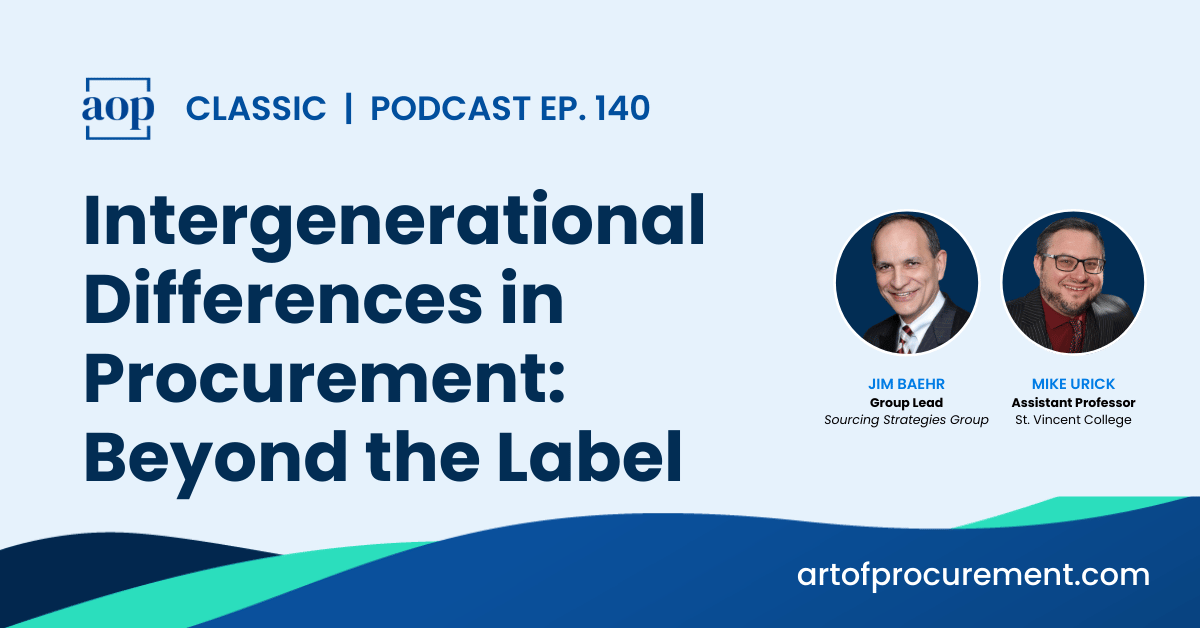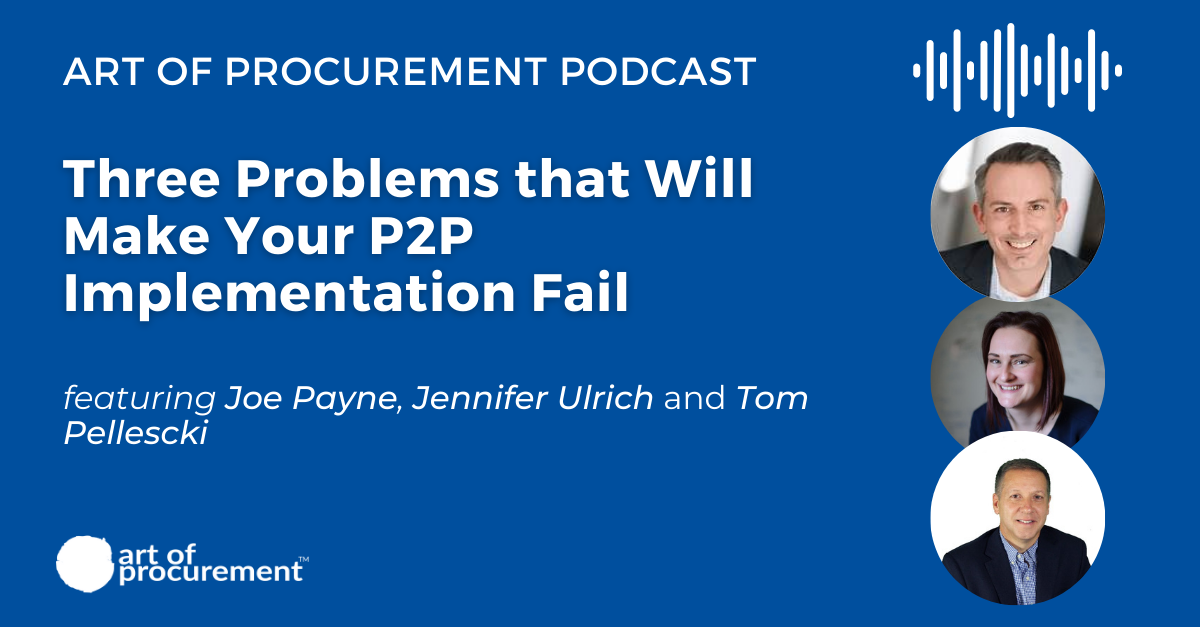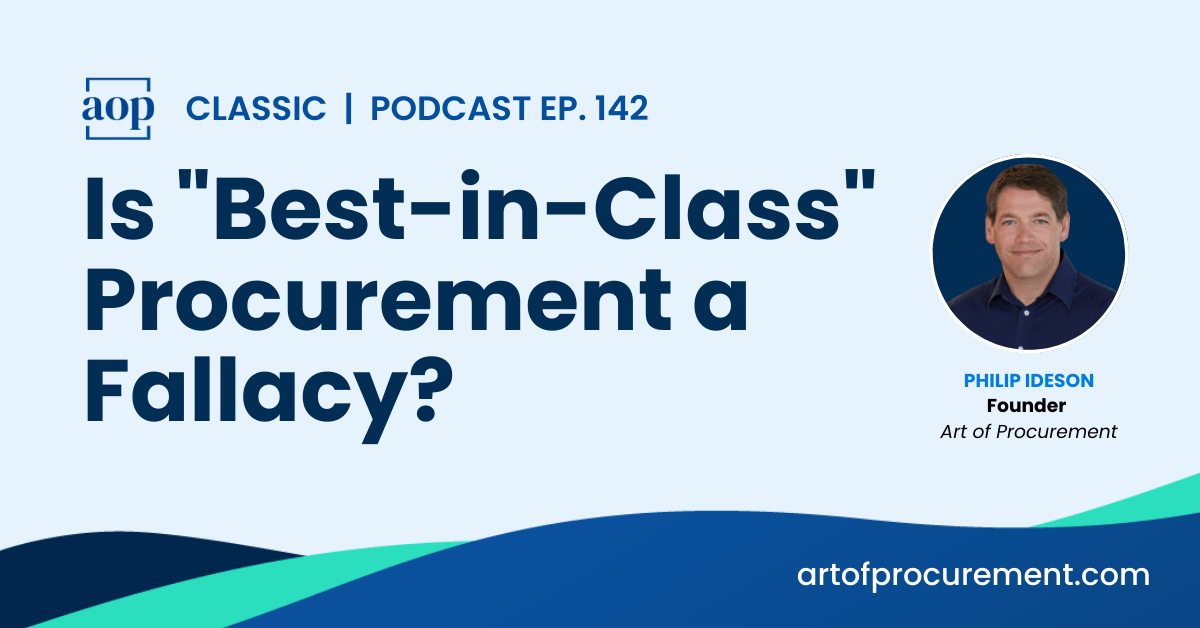1 min read
Intergenerational Differences in Procurement: Beyond the Label
Philip Ideson : Updated on December 12, 2024

We have all read the blog posts and listened to the talking heads who inform us that Generation X believes this, and Millennials believe that. But are these generational labels actually true, or do we use them as a lazy or misinformed way to try and understand and connect with peers who are not within our own age group. That is the topic of today’s Art of Procurement.
I am joined in today’s discussion by two experts in the field. Jim Baehr is group lead for Sourcing Strategies Group and through roles both in consulting and as a procurement leader has helped a number of organizations through procurement transformation initiatives. Joining Jim is Mike Urick. Mike is Graduate Director and Assistant Professor at St. Vincent College in Latrobe, Pennsylvania. Both Jim and Mike have joined forces to explore the future of work and the impact of generational labels at they seek to understand how procurement leaders can mitigate the coming talent shortage in our profession.
“The most important thing to me is to go beyond the noise of the stereotypes beyond what you know you may have read in an article or in a book and think about who that person is as an individual that you’re interacting with and their own unique individual skill sets. It’s challenging because we’re bombarded with a lot of information about age groups and generational labels.” – Michael Urick
In this episode, you will learn:
- Why the research going into intergenerational differences in the workplace is so important.
- Why we use labels?
- How did Jim and Mike partner to look at labeling and why they focused on procurement.
- Are there differences between generations, or is the vast majority of it just perceived?
- What impact labeling has on the workplace.
- What the workforce will look like in the future and what impact it will have.
- Strategies on handling generational differences in a team.
- Impression Management
- How different generations can mentor each other.
- Why going beyond the age group stereotype and getting to know the individual is much more valuable.
- The importance of conducting knowledge transfer.
Links and Resources:
- Subscribe to the Art of Procurement podcast.
- Jim Baehr on LinkedIn
- Mike Urick on LinkedIn
- Mike Urick’s Blog




.png)